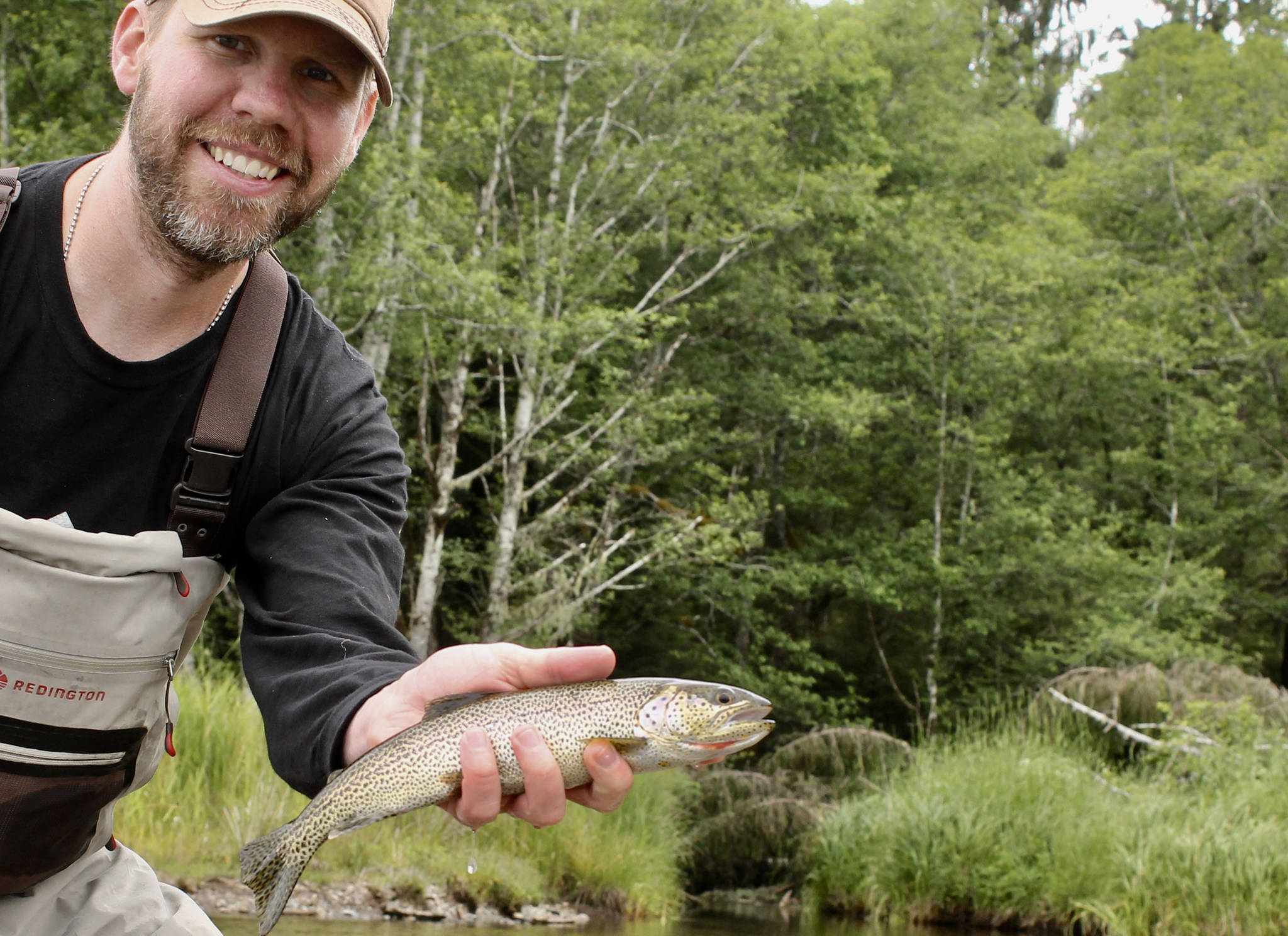A close friend asked me what changed during a particularly deep conversation the other night. The context was comparing my college self to my current self (which is usually enough to make anyone cringe and smile) but as this is a fishing space, I’ll only briefly touch on that then move on.
At some point, you contemplate where you are and where you want to be. The where can literally be a location, or where you are as far as a character in a story. Are you a dynamic protagonist, growing and learning in an epic? Or a subordinate character interacting in the stories of others?
You have to change. It’s natural. Even if you’ve loved fishing and hunting all your life, you don’t love it in the same way. No one can replicate the feeling of the first fish. The motivation for getting out in the first place might change too.
I found in order to cope with the sometimes maddening consequences of modern life, I needed frequent groundings.
The restorative properties of fishing and hunting have been something that I’ve often tried and always failed, to describe. I think the best writers can capture the words like water in tightly cupped hands longer than others, but eventually it’s gone. The moment, the words, escape. That doesn’t keep us from trying.
This of course is different than sitting around a table or a fire with other anglers or hunters waiting for a turn to tell a story and not really listening at all. This happens quite a bit. It becomes not about the experience, but one-upping your buddies. This is fine, of course, but bragging does more for the ego than the soul.
It’s once you reach, or are reminded of how important recreation can be for your soul, that you regret cheapening it through too much competition, loss of ethics, or otherwise becoming the type of person you’d never invite on a trip.
About two months into my fly fishing career I was about to quit. I hadn’t caught one, the casting was awkward and the best-case scenario was that I hooked a rainbow trout stocked by the California Department of Fish and Game — not exactly a destination fish.
But I caught one and the sport hooked me. I went from whiny to greedy. More fish. Bigger fish. I flirted with snobby in there too, figuring that I had earned premium rods and gear as though my first 20-fish day made me special.
To open “The Longest Silence, A Life in Fishing” (1999) Thomas McGuane wrote, “What was once a trout — cold, hard, spotted and beautiful — becomes ‘number seven.’”
He was speaking to the transformation of the sport of angling from a “genteel business” to fishermen “who defies society, who rips lips, who drains the pool, who takes no prisoners.”
Sure, it’s nice that angling has maybe lost its pretentious feel and has become accessible to all who desire to recreate in an unrepeatable, artistically-satisfying manner but when the focus shifts from the beauty of the location and fish to the skill of the angler, I wonder if we lose something. I know I do every time I lose my sense of place. In the same way I shake my head at the low-lights of my early 20s, I think back to my lower moments afield, or the wrong approach with which I left the house, roll casted, or returned home. But if we judge ourselves by our lowest moment, none of us look very good. None of us. So, there is some room for redemption. It is impossible to reach the level of supreme angler. The better one becomes, the greater the risk of losing track of the reason you went in the first place.
• Jeff Lund is a writer and teacher based in Ketchikan. “I Went To The Woods,” a reference to Henry David Thoreau, appears in Outdoors twice a month.

